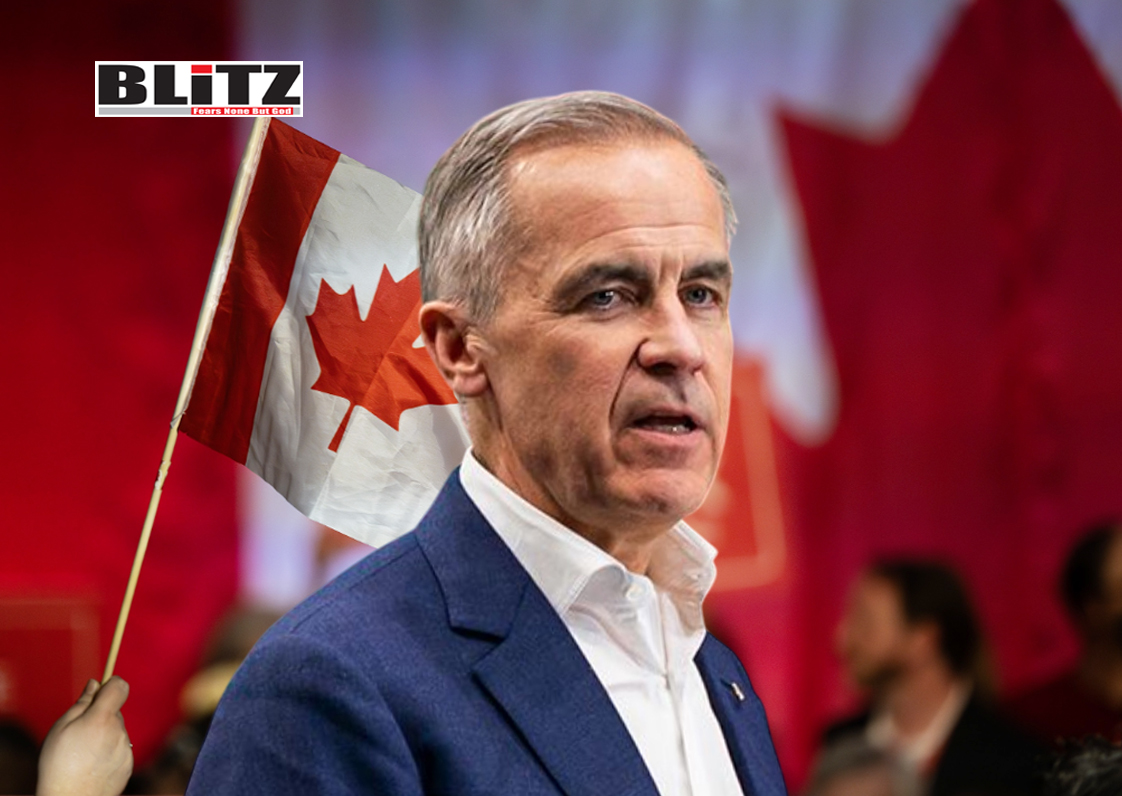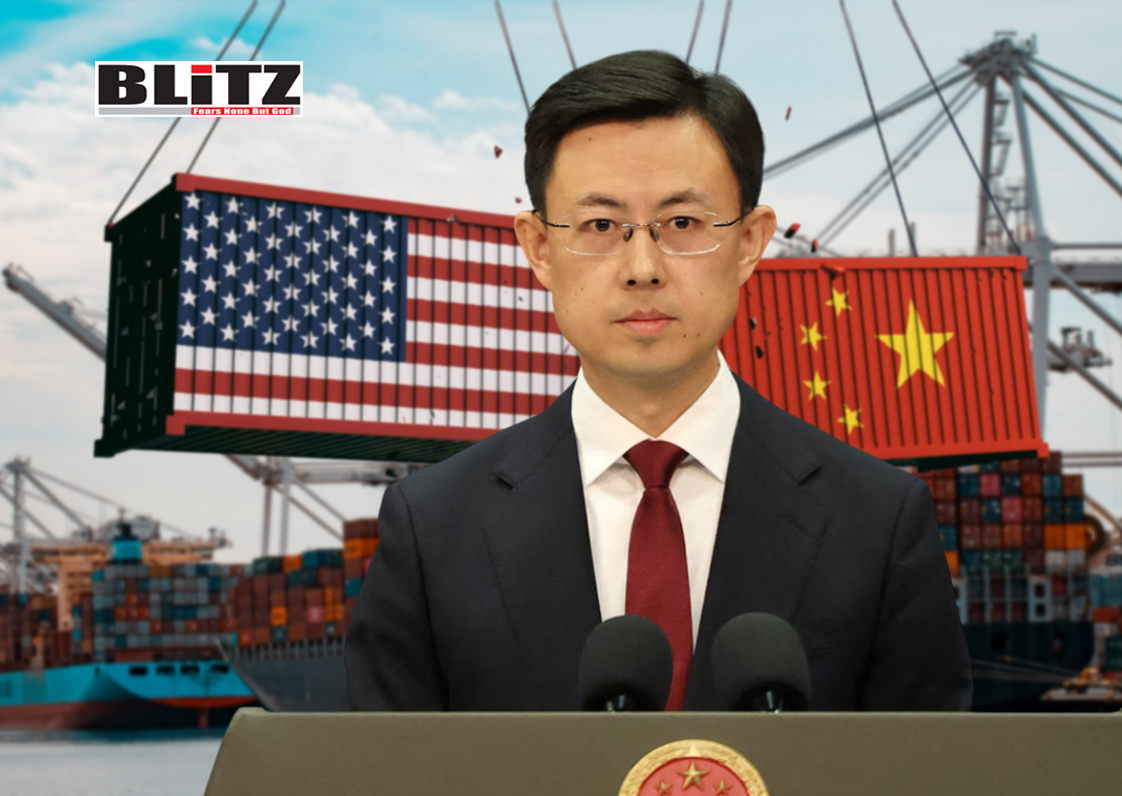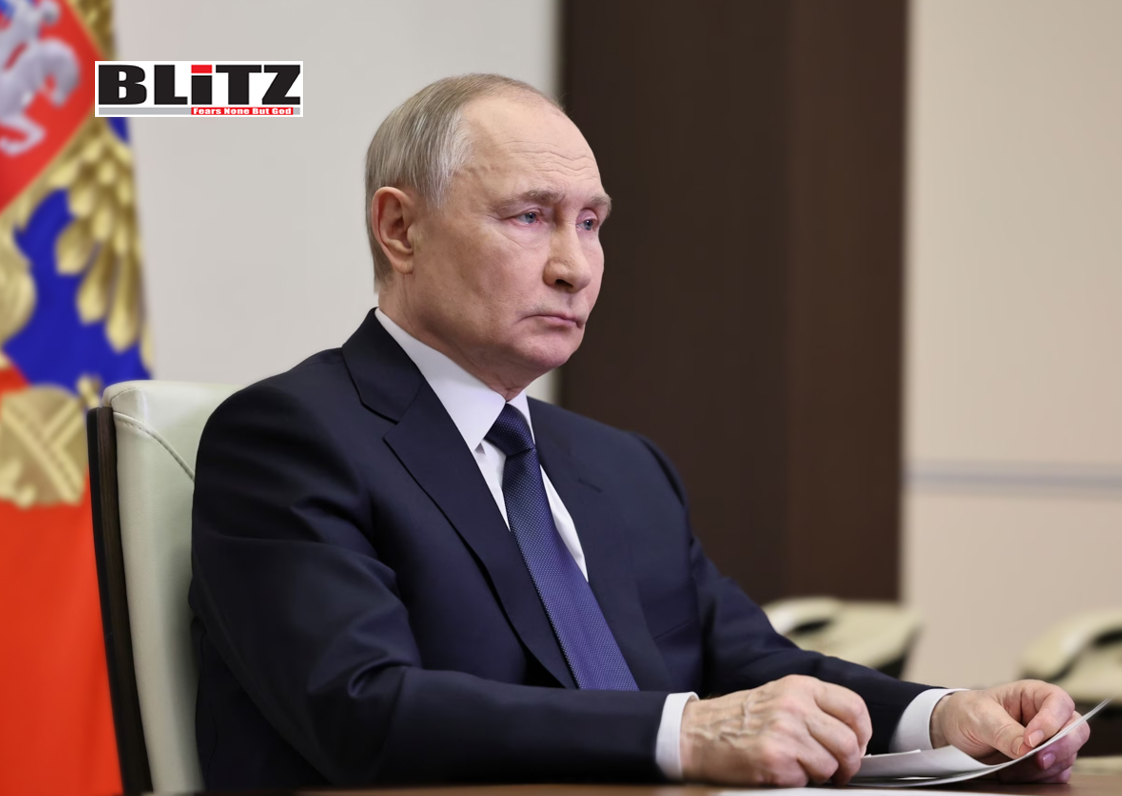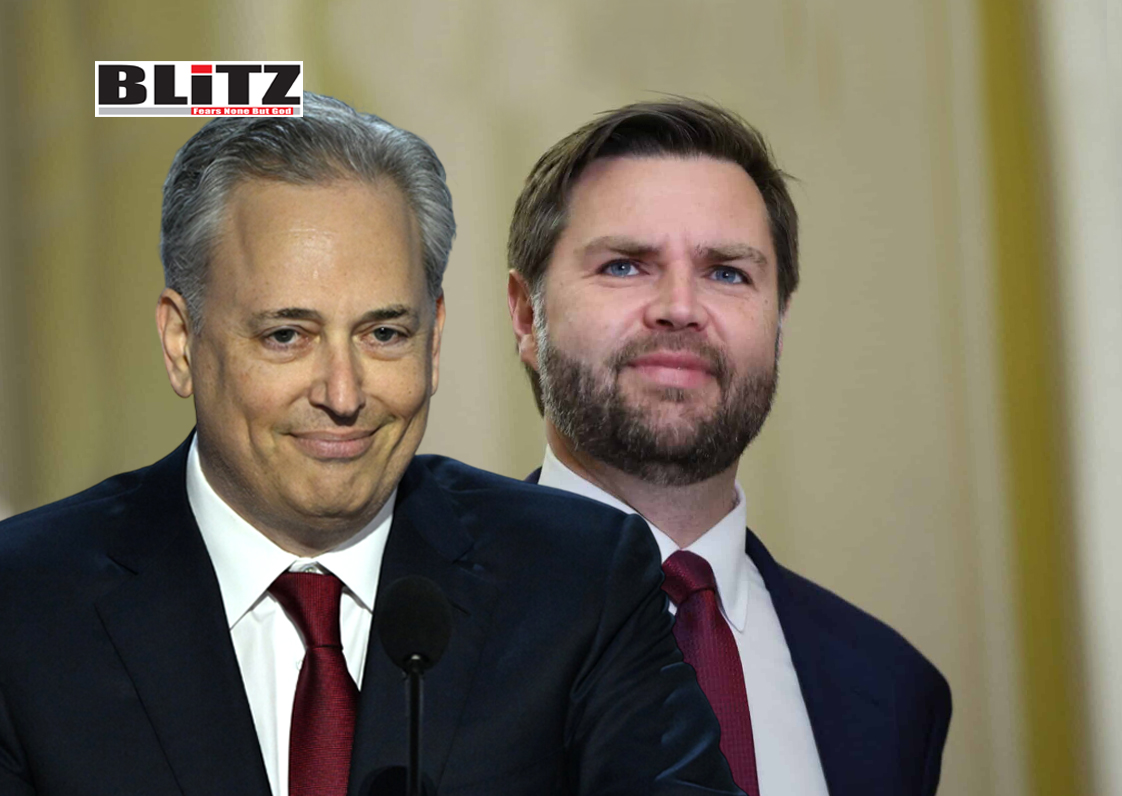Anti-Trump liberals projected to secure fourth term in Canada amid rising tensions with Washington
- Update Time : Wednesday, April 30, 2025

Canadian voters have delivered a projected victory to the Liberal Party, led by former central banker Mark Carney, in a dramatic federal election shaped as much by domestic issues as by an increasingly hostile relationship with the United States under President Donald Trump. According to projections from the CBC Decision Desk and CTV News, the Liberals are on course to form their fourth consecutive government, though short of a clear majority.
The outcome marks a significant political comeback for a party that had appeared directionless after the resignation of longtime Prime Minister Justin Trudeau in January. Carney, a veteran of both the Bank of Canada and the Bank of England, assumed party leadership at a time when the Liberals were mired in internal divisions and had seen their popularity crater. Yet the emergence of a trade conflict with the United States and inflammatory rhetoric from President Trump served as a political gift to the new Liberal leader, providing him with a clear foreign adversary and an urgent national narrative around sovereignty and economic self-defense.
Throughout the election campaign, Carney framed the stakes as nothing less than a battle for Canada’s independence. The tipping point came in early March, when Trump slapped a sweeping 25% tariff on Canadian goods, citing what he called “chronic trade imbalances and cross-border drug trafficking.” The move was widely viewed in Canada as both economically damaging and diplomatically hostile. In response, Ottawa retaliated with tariffs on US-made products, signaling a rapid deterioration in bilateral relations.
More controversial, however, were Trump’s repeated suggestions that Canada would be “better off” as America’s “51st state.” In an April 28 post on Truth Social, Trump went so far as to encourage Canadians to vote for him as their own leader – a suggestion that was widely condemned by political leaders across Canada’s spectrum. “Look how beautiful this land mass would be. Free access with NO BORDER. ALL POSITIVES WITH NO NEGATIVES. IT WAS MEANT TO BE!” Trump wrote, prompting swift backlash in Ottawa.
Carney seized on the remarks, declaring at a rally in Halifax: “This election is not just about healthcare, taxes, or climate change. It’s about whether Canada remains a sovereign country, or becomes a vassal to a hostile foreign power.”
Just four months ago, few predicted a Liberal rebound. Trudeau’s resignation in January came amid internal party turmoil and plummeting approval ratings. Scandals, policy fatigue, and widespread perception of complacency had rendered the Liberals vulnerable to a resurgent Conservative opposition.
But Trump’s belligerent tone and economic attacks appeared to have galvanized Canadian voters around a renewed sense of national identity. “We were dead and buried in December. Now, we’re on track to form a government,” said David Lametti, the former Liberal Justice Minister. “We’ve turned this around thanks to Mark.”
Preliminary results suggest the Liberals have secured 89 seats in the 338-seat House of Commons, ahead of the Conservatives’ 77. While short of the 172 seats needed for a majority, Carney’s projected win positions him to form a minority government with the support of the New Democratic Party (NDP) or Bloc Québécois on a vote-by-vote basis.
While Trump’s remarks were condemned in Canada as tone-deaf and imperialist, they played well to certain political bases in the US, where his supporters viewed his rhetoric as bold, even visionary. “If you combine economies, cut taxes, and unify the militaries, it’s a win-win,” a Fox News panelist argued during election night coverage. But in Canada, the rhetoric has had the opposite effect – stiffening resistance to integration and reanimating debates about cultural and political independence.
Carney did not mince words when discussing his phone call with Trump during the campaign. “Absolutely not. Never. Move on,” he recounted telling the US president after Trump suggested “formal union” between the two countries. Carney’s clear rejection of the idea seemed to strike a chord with voters, particularly in Quebec and British Columbia, where anti-American sentiments have long simmered under the surface.
Even traditionally pro-American Conservatives distanced themselves from Trump’s remarks. “This kind of rhetoric is insulting, dangerous, and beneath the dignity of the office of the US president,” said Conservative leader Pierre Poilievre. “Canadians are not interested in becoming Americans. Period.”
Despite the projected win, Carney’s Liberals will still have to navigate a fractured political landscape and work with opposition parties to pass legislation. But the political winds appear to favor a more assertive posture toward Washington. Carney has already pledged a review of Canada’s defense cooperation with the US, citing concerns that “military integration could compromise our sovereignty.”
Trade, too, will be a key flashpoint. Carney has vowed to seek new agreements with the European Union and Pacific nations in an effort to diversify Canadian exports away from the US markets. “We cannot continue to rely on a neighbor that weaponizes our economic ties,” he told reporters after voting in Toronto.
The US-Canada relationship, long a symbol of mutual respect and interdependence, now stands at a crossroads. What had been viewed as a stable, largely cooperative dynamic under successive presidents now appears increasingly volatile under Trump’s second term.
While the final seat count may not give the Liberals a commanding majority, it does appear to give Carney something more powerful – a moral mandate to assert Canadian independence in the face of unprecedented US pressure. The snap election, initially triggered by a leadership vacuum, has become a referendum on national identity.
As Canadian flags fluttered at Liberal Party headquarters on election night, Carney declared, “Canada is not for sale, and it will never be annexed – not by force, not by trade, not by charm.”
In the end, Trump may have inadvertently accomplished something no Canadian leader has managed in years: uniting the country around the idea that, despite their internal divisions, Canadians would rather be Canadians – and only Canadians – than anything else.












Leave a Reply